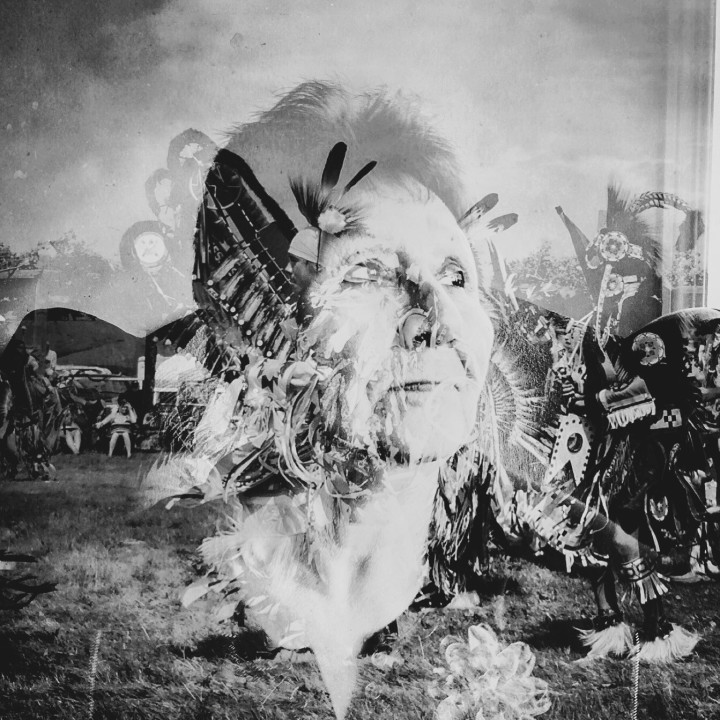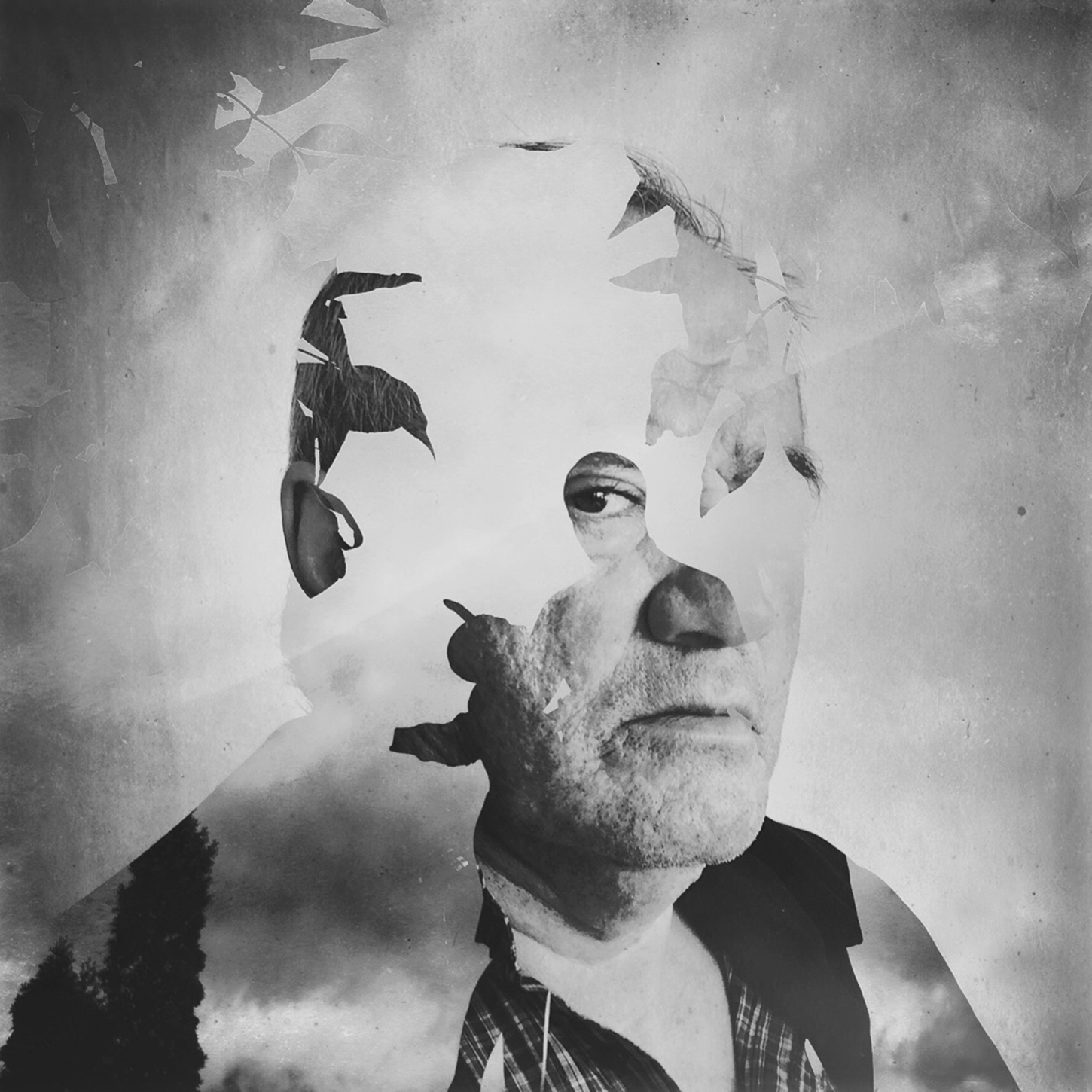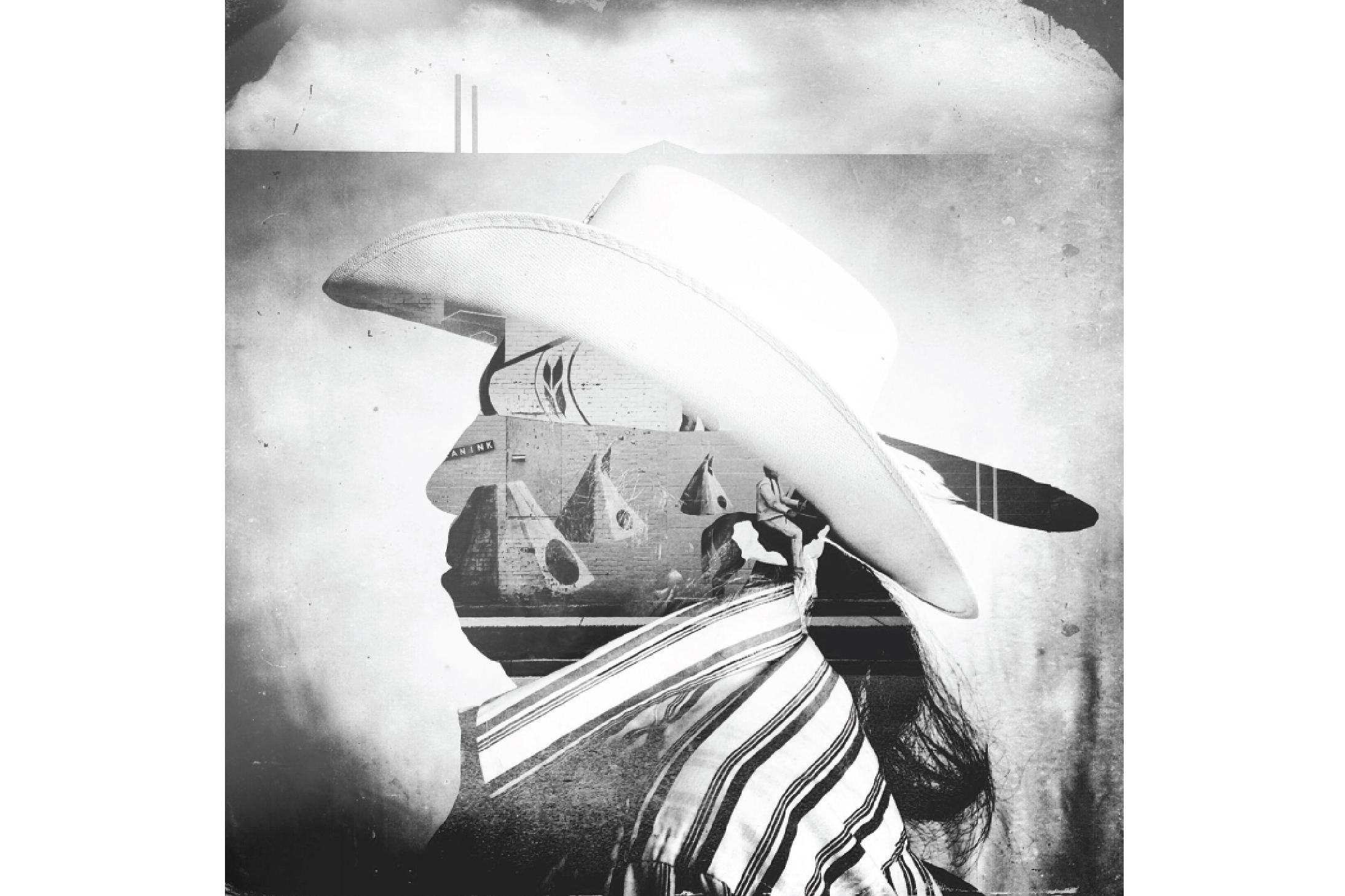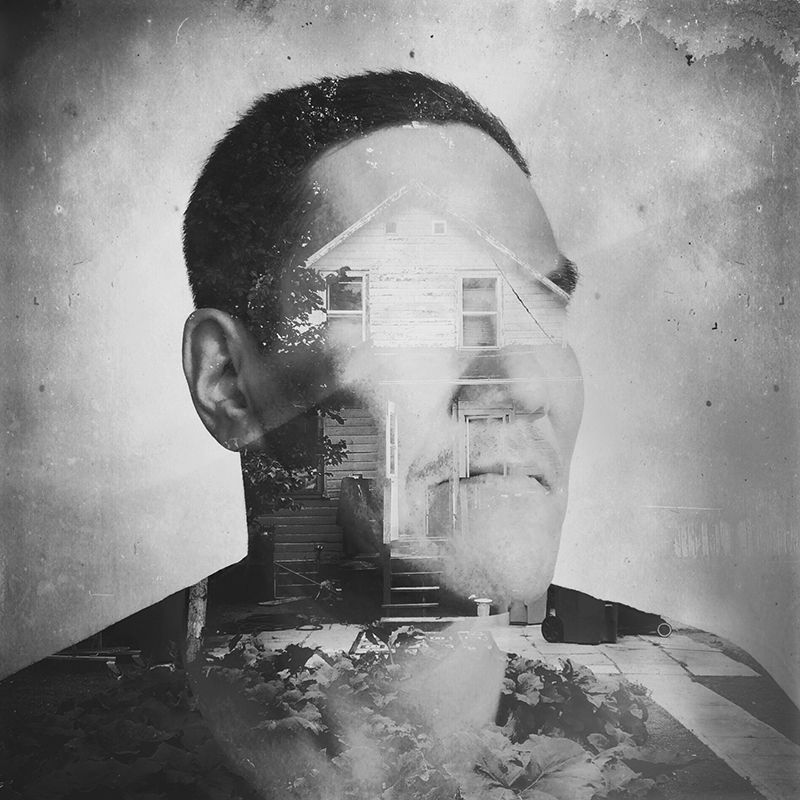
For more than 100 years, Canada's Indian Residential Schools separated indigenous children from their families in an effort to erase their culture and language.
In her project "Signs of Your Identity," Daniella Zalcman explores this ongoing cultural genocide. She spoke about this project and the release of her new book with CBC Radio Saskatchewan last week.

Education Resource
Meet the Journalist: Daniella Zalcman
For more than a century, the Canadian government operated a network of Indian residential schools...






